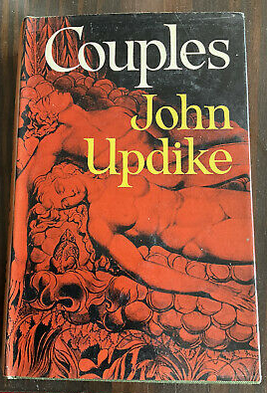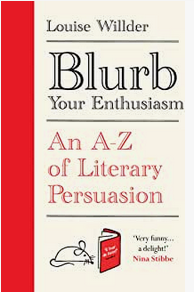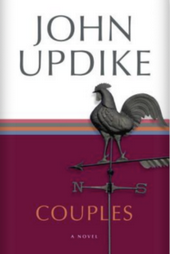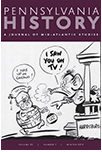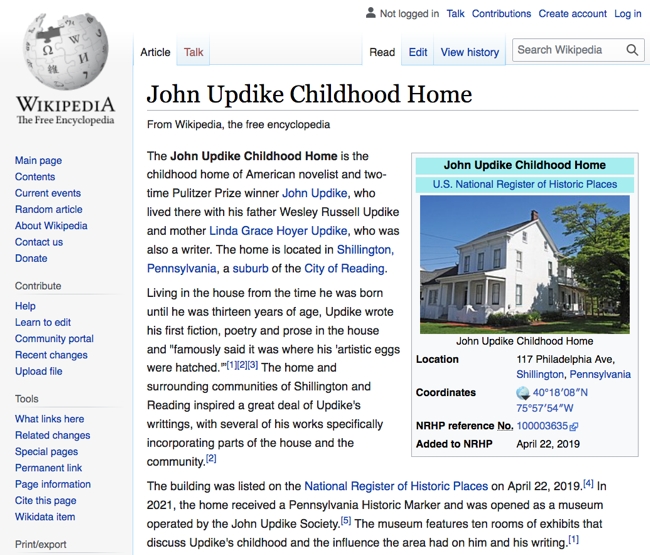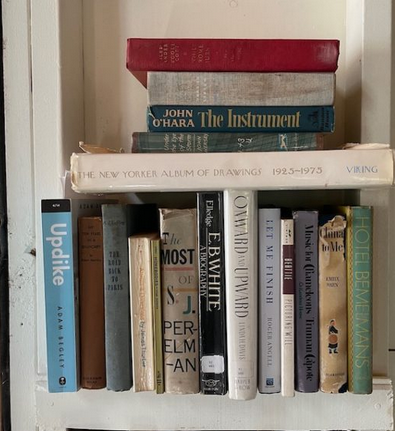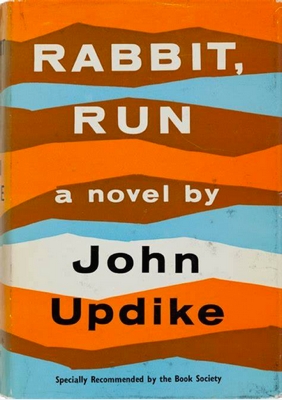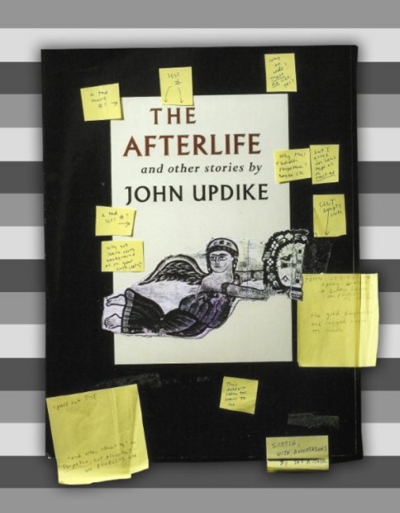In retrospect, maybe it was a perfect storm of sorts, with Jack De Bellis’s John Updike’s Early Years coming out in 2013, Adam Begley covering some Berks County ground in his biography Updike in 2014, and James Plath collecting and commenting on John Updike’s Pennsylvania Interviews in 2016. But it took Richard Androne to see the connections and to take a page from Updike’s book reviews and treat them in a single article.
“The Pennsylvania Updike” was published in Pennsylvania History: A Journal of Mid-Atlantic Studies 85:1 (Winter 2018), though it first came to our attention recently.
“The centrality of Pennsylvania, and especially of his native Berks County, in author John Updike’s life, literary achievement, and ultimate vision comes through vividly in Adam Begley’s biography Updike, Jack Debellis’s more specialized study John Updike’s Early Years, and James Plath’s collection of Updike’s Pennsylvania interviews, many of which were done in Updike’s home county,” Androne wrote.
“Until he was eighteen and left for Harvard, Updike said, ‘there were hardly twenty days that I didn’t spend in Pennsylvania,’ and while after that departure he no longer lived in Berks County for an extended period, he said, ‘though I left Pennsylvania, Pennsylvania has never left me. It figures in much of my work, and not just the earlier.'”
Androne wrote, “just as James Joyce had to leave Ireland to write about it in many of his finest works, Updike had to leave Berks County. Updike told one interviewer, ‘There comes a time when you must test yourself against the world,’ and to another he said, ‘I think I couldn’t have had my writing career if I had stayed in Pennsylvania. On the other hand, I couldn’t have had my writing career if I hadn’t had all that Pennsylvania experience.”
“De Bellis argues even more strongly than Begley for the influence of the physical and cultural Shillington—and especially for that of Updike’s high school classmates—on his work, uncovering numerous parallels between persons and places in life and art. Especially useful in this regard is material in the chapter, ‘Inspirations and Models,'” Androne wrote. Plath, meanwhile, “supplies a perceptive and useful introduction and conclusion in which he synthesizes some of the material in this anthology of interviews. He is particularly good at identifying common denominators in Updike’s comments on Berks County and Pennsylvania in a larger sense.”
Androne wrote that the three Updike books “complement each other and can profitably be read together both by scholars and general readers seriously interested in Updike. Among the many instances of this is Plath’s inclusion of William Ecenbarger’s June 12, 1983 article, ‘Updike Is Home,’ a Shillington interview Begley also uses in his first chapter as illustrative of Updike’s artistic method of turning his own experience into art, in this case a July 4, 1983, New Yorker story called ‘One More Interview’ published less than a month after Ecenbarger’s article, and both the interview and Begley’s treatment of Updike’s story are enhanced by the Shillington detail in De Bellis’s book.”

